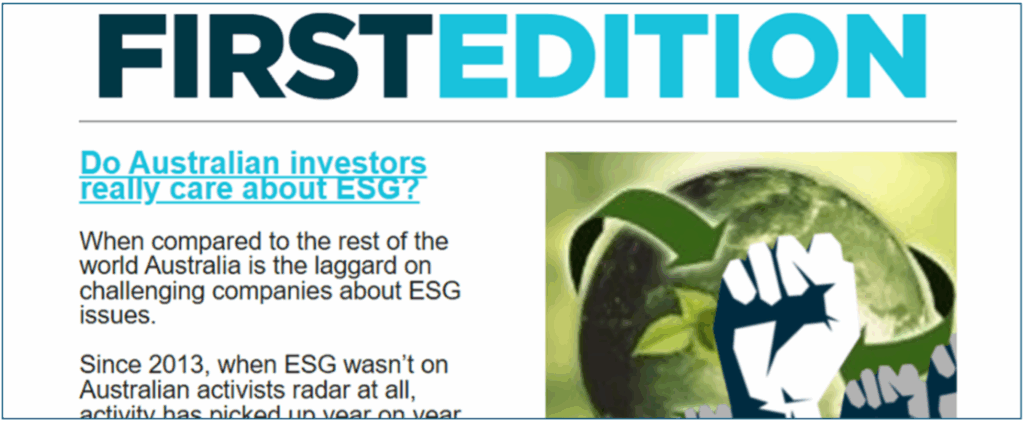GILES RAFFERTY, Corporate Communications and Media Advisor
We may have never seen the like of it and there will be those who hope never to see the like of it again! The economic uncertainty created by Donald Trump’s on again/off again, imminent then postponed, severe then less so, tariffs has been an issue throughout 2025. In parallel the emergence of and then deflation, if not quiet bursting, of an AI bubble has added to stock market volatility.
Against this background, one of the most clicked FIRST Adviser’s blogs of the year was ‘Is AI making it up as it goes along?’. It looked at how Ai is prone to bouts of ‘hallucination.’
These ‘hallucinations’ can result in AI outputs that are nonsensical or inaccurate. They occur when an AI engine detects patterns or connections that would be dismissed as irrelevant by, or be imperceptible to, a human. It appears there remains a need to overlay a human’s sensibility on AI generate content and to have access to an effective media intelligence and monitoring service.
The emerging ‘Trends in Australian Activism’ blog also captured a lot of attention.
We explored how Australian activism is highly concentrated, focused on the basic materials sector and nano cap stocks, with two-thirds of activist demands for changes to the board. This is highly unusual in a global context.
When it comes to ESG inspired Activism Australia is something of a global laggard! Our ‘Do Australian investors really care about ESG?’ blog was well read.
While there has been steady, year on year, increase in activity since 2013, when ESG was not on Australian activist’s radar at all, Australia is consistently the country with ESG as the lowest proportion of activism.
It seems likely there will be no letup in the levels of, and catalysts for, volatility in 2026. The US mid-term elections may weigh upon the mind of, and decisions made by President Trump. The inexorable rise in AI is likely to continue to be impactful in ways that surprise and disrupt. Against this backdrop FIRST Advisers will aim to provide a steady drum beat of commentary and analysis on issues of interest to our audience, especially across investor relations. And, as ever, we are ready to offer expert advice and leading analytics capabilities to help investor relations functions drive meaningful engagements with all their shareholders.


